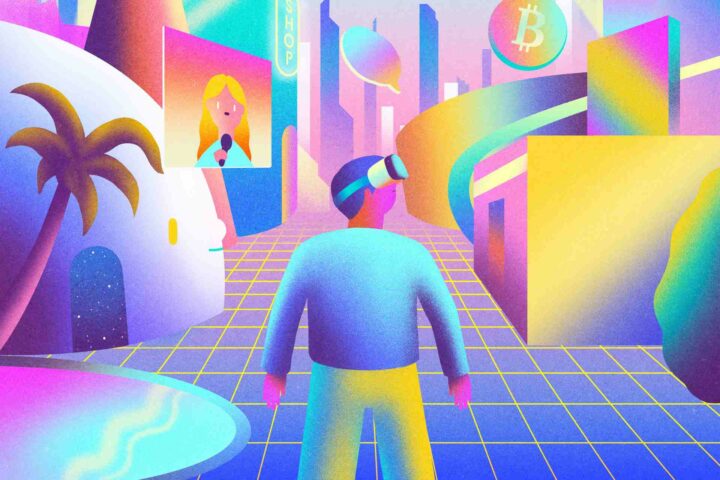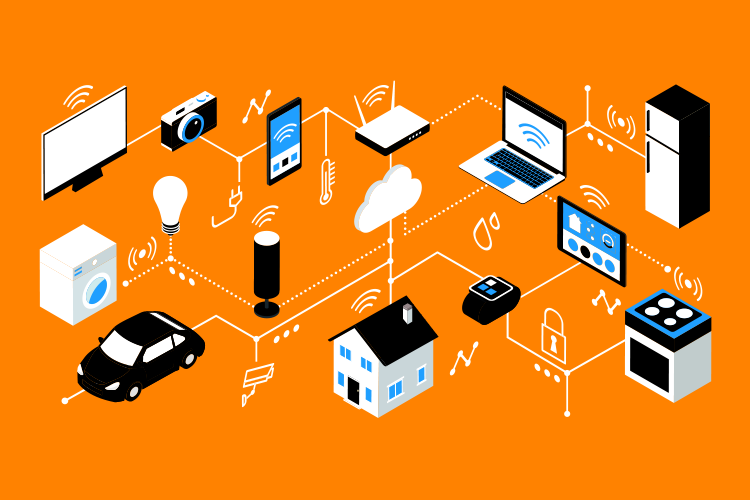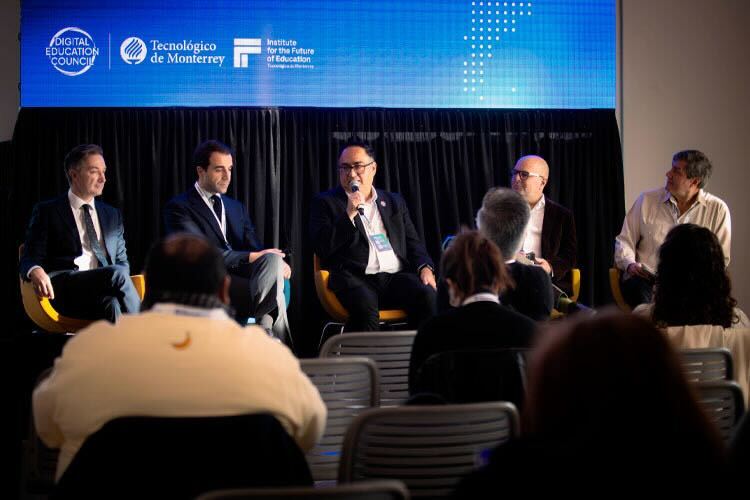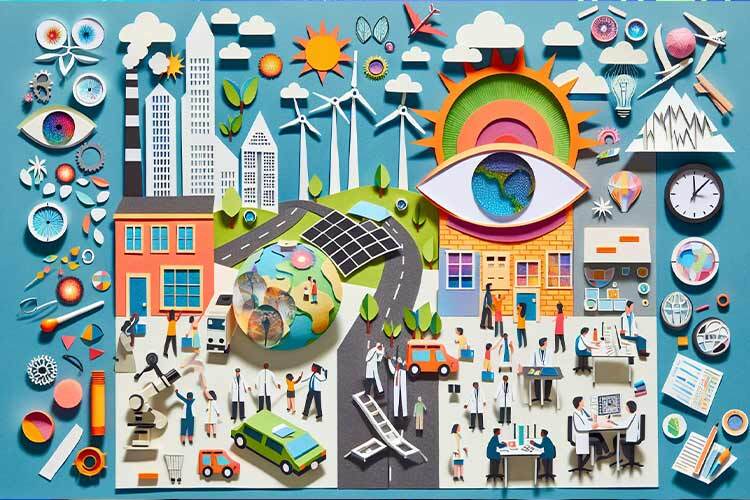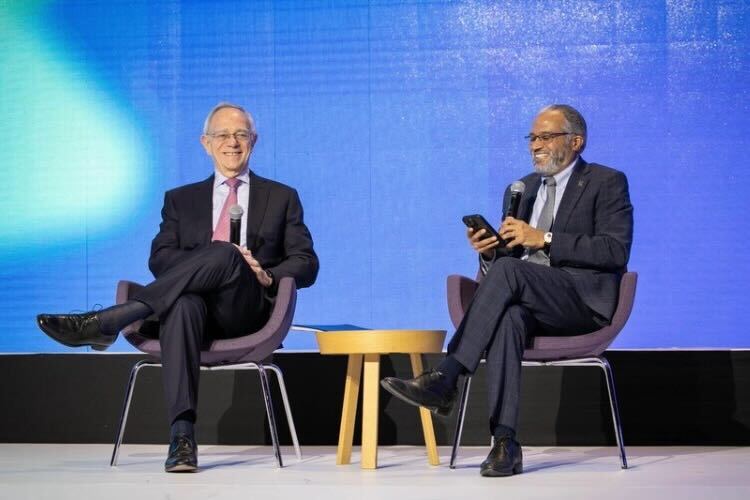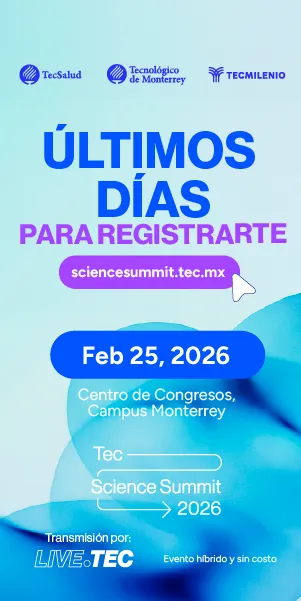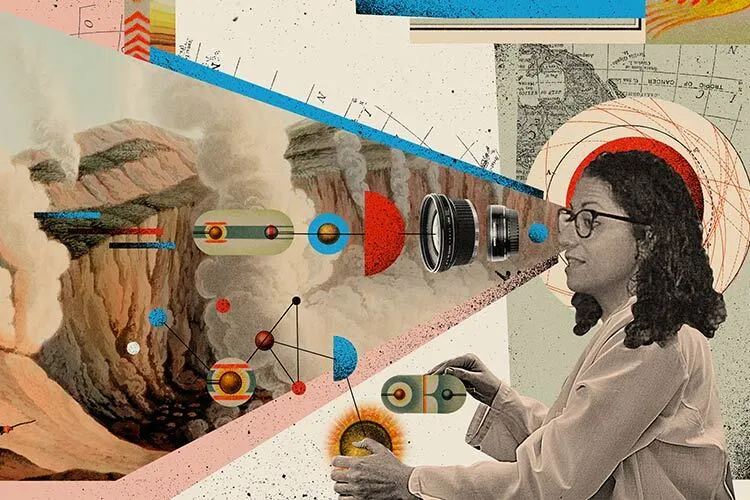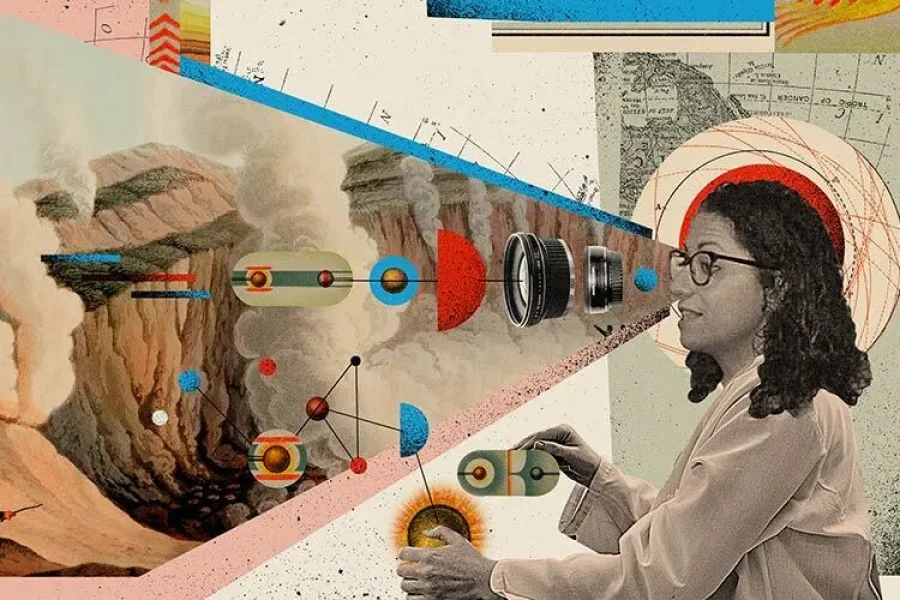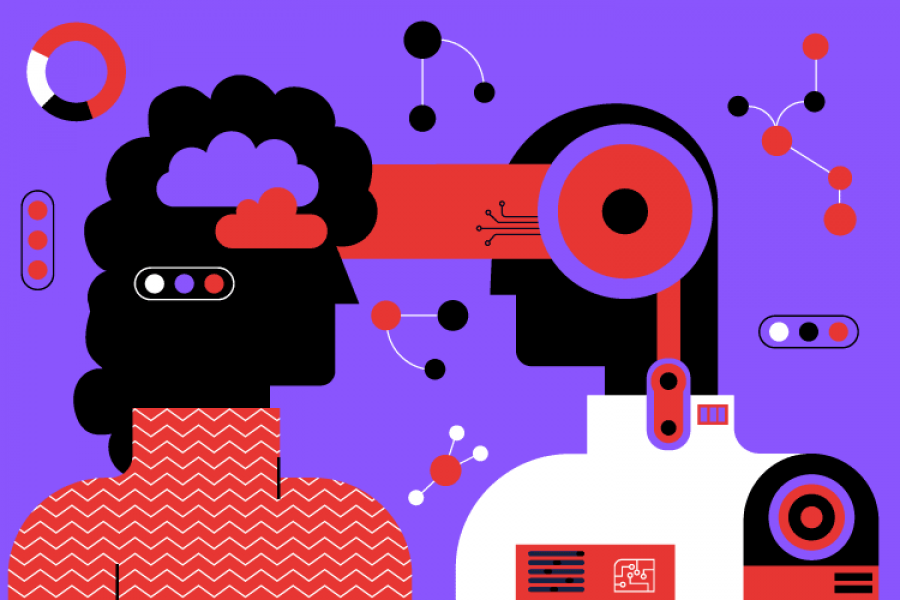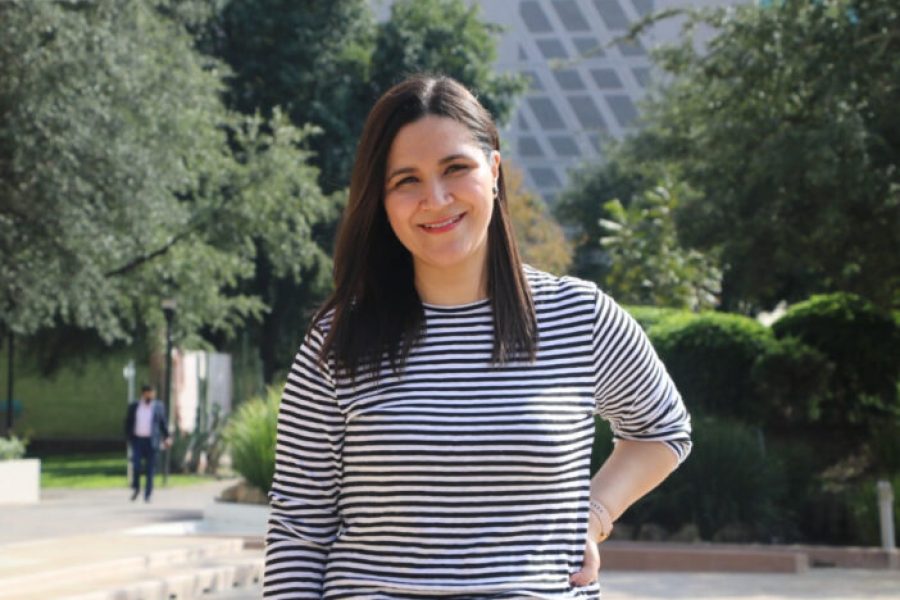What is the Metaverse? The Metaverse is the great bet of Facebook. The company decided to change its name to Meta to focus its efforts on developing these new worlds.
The metaverse consists of multiple virtual 3D spaces in which you can work, play, travel, make purchases and hang out with other people who are in a different physical space, yet the same virtual space.

Here, life can be everything you’ve always wanted, without complications. At least, that’s the ambition of this virtual reality in which your avatar hangs out with your friends, who are also avatars.
As in Second Life or The Sims, with one click you can be married, have children, live in a mansion, or party and not experience a hangover the next day.
The difference is that in this world you can also go to the office with your avatar and participate in virtual meetings, as we now do in Zoom or Meet.
What is the metaverse?
One of its big promoters is Facebook owner and creator Mark Zuckerberg, who borrowed the term ‘metaverse’ from the 1992 dystopian novel Snow Crash.
There, it’s used to describe immersive shared spaces accessed through different platforms, where the physical and digital converge.
That’s Facebook’s vision, but it’s also that of other companies such as IMVU, Descentraland, and Epic Games, in which people can live their lives in a digital universe where they can buy video games or pieces of art with cryptocurrencies or NFT certificates, and even decorate their homes.
But the virtual reality games that exist are just a rehearsal. While they can give us an idea of what the metaverse will be like, they’ve become a pilot test because this universe really wants you to spend a good part of your life here.
In fact, a Bloomberg Intelligence report estimates that the investments being made in its development mean it will be worth 800 billion dollars by 2024.
Facebook will fund the creators of new worlds
The perfect metaverse that Facebook’s leaders envision will be built in the next 15 years and will demand the creativity and talent of the most original minds.
And they recognize that this complex platform can’t be made by a single company. The development of social worlds demands the talent of creative minds to shape them.
Facebook announced a first investment of 150 million dollars, to train the next generation of developers to build worlds where you can, for example, train human surgeries or navigate corals to meet species.
However, Facebook hopes creators can monetize their worlds to make the Metaverse sustainable.
To encourage developer participation in its beta version Horizon experiment, now called Horizon Worlds, Facebook will distribute funds in contests for the community to build worlds, awarding 10,000 dollars to the best ones.
With its accelerator program, creators will be trained to acquire the skills and knowledge necessary to build these inclusive worlds. A pilot class has already been held and, starting in November, they’ll be accepting applications for the Creators Accelerator Program set to kick off in 2022.
An inclusive universe
“We’ll work with experts in government, industry and academia to think through issues and opportunities in the metaverse. For instance, its success depends on building robust interoperability across services, so different companies’ experiences can work together,” explain Andrew Bosworth, Vice President of Facebook Reality Labs, and Nick Clegg, Vice President of Global Affairs, in a statement.
They also recognize that they need to involve the human rights and civil rights communities from the start to ensure these technologies are built in a way that’s inclusive and empowering.
One topic they’re already working on is a new feature for projectile launch mechanics and global leaderboards for games.
In order to not develop a new world from scratch, the platform announced that they’re designing templates that’ll serve as the basis for the work of the creators.
Safe worlds, disease free
The Oculus company, owned by Mark Zuckerberg since 2014, is supporting creators to make all the virtual reality innovations they want with Horizon Worlds.
Better World Museum founder Paige Dansinger was recognized by Facebook for building 150 worlds in Horizon Worlds, including Horizon Art Museum and Purple Flower Survivors.
“I live in downtown Minneapolis, and my city was the epicenter of a complete breakdown of social structure this past year. Our community felt broken. And as a community leader, I knew that I couldn’t just go on a road trip or escape. All of a sudden, there was COVID, and my city was burning, and my heart was breaking,” she said.
“So, I would turn to Facebook Horizon and I would create these spaces where I knew that I needed to go emotionally in order to continue to be the museum director that I am. I used the building tools in Horizon to build more resilience!” she said.
Ashley Briley is a certified public accountant, but her love for music and science fiction led her to virtual reality through Beat Saber and, in turn, to Oculus (a company that also offers accessories for virtual reality experiences, in addition to apps and games).
“Building in Horizon Worlds is like opening a Pandora’s box —but a good one—because every time I think I understand what’s possible, I get surprised by something new,” she said.
